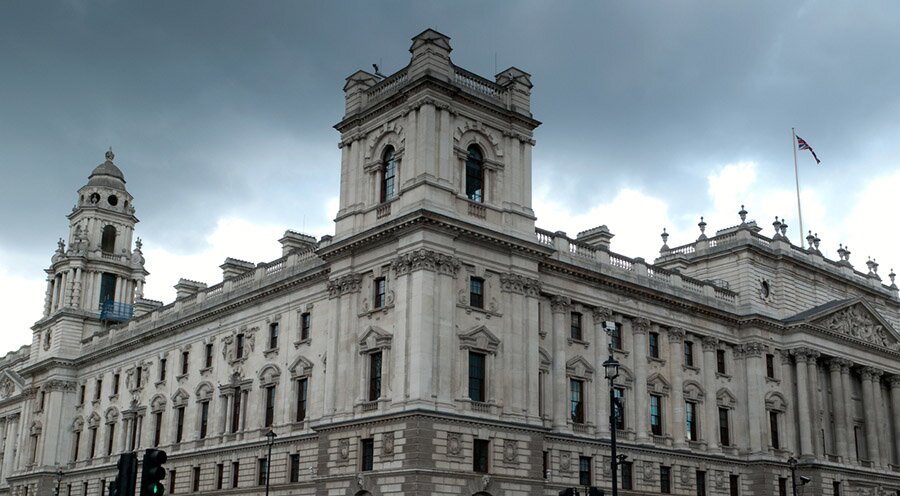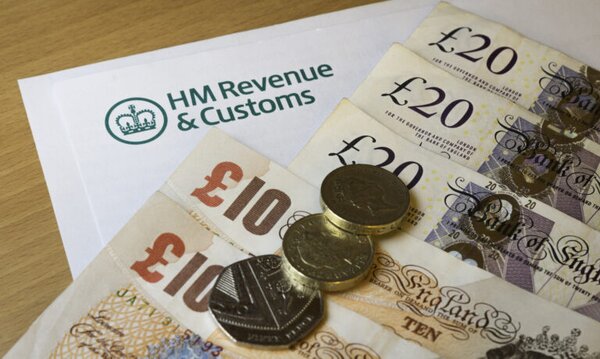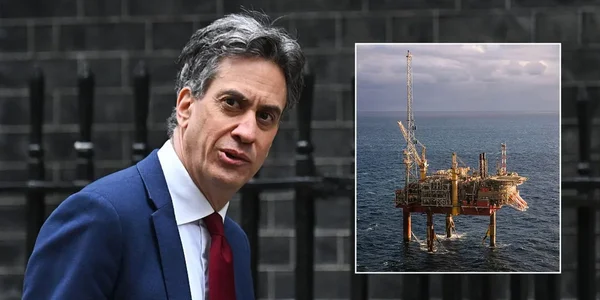LONDON, Sept 24 – HM Revenue and Customs (HMRC) clawed back a record £107m from landlords in the last tax year as part of a growing crackdown on underpaid rental income.
Figures obtained through a freedom of information request show revenue generated by the Let Property Campaign jumped from £65m in 2022–23 to £107m in 2023–24, its highest level since the scheme began in 2013. New data for 2024–25 indicates that revenues from one-to-one compliance checks more than doubled compared to the previous year, contributing to a significant overall increase in total revenues secured (including tax, interest, and penalties) from the campaign.
How the scheme works
The Let Property Campaign allows landlords who have underpaid tax to disclose their income voluntarily, often in return for reduced penalties. HMRC combines the scheme with its data-gathering powers, sending “nudge” letters to landlords suspected of errors or omissions.
When the scheme launched, HMRC estimated 1.5 million landlords were failing to declare income, costing the government around £500m a year.
Andrew Park of Price Bailey, the accountancy firm that obtained the figures, said: “We’ve assisted large numbers of landlords in making voluntary disclosures over the past few years typically, after they’ve received an HMRC ‘nudge’ letter.”
Fewer disclosures, bigger bills
Despite the surge in tax yield, voluntary disclosures have fallen, from around 11,000 in 2022–23 to 7,800 last year. HMRC believes this reflects landlords coming forward with larger liabilities.
Under the rules, HMRC can reclaim up to 20 years of unpaid tax and impose fines of up to 100% of the amount owed or 200% if assets are held offshore. In cases judged to be genuine errors, the limit falls to six years, and penalties can be reduced or waived.
Confusion among landlords
Tax specialists say many mistakes stem from blurred rules around expenses. Park noted “widespread confusion” between capital expenditure, which is not deductible, and repairs, which are. “That distinction can be grey around the edges and trips a lot of landlords up,” he added.
Howard Levy of mortgage broker SPF Private Clients said “amateur or accidental landlords” were the most likely to slip up. “This could include those who inherited a property with no mortgage so there are no checks and balances from a lender or who only occasionally let it out via friends or family,” he said.
Changing tax landscape
Recent reforms have also squeezed landlord profits. Until 2020, mortgage interest could be deducted in full from rental income, but now only a 20% tax credit is available. Higher-rate taxpayers have seen their relief effectively halved.
Basic rules remain: up to £1,000 of property income is tax-free, but income above £2,500 after expenses must be declared via self-assessment. Errors caused by carelessness can trigger fines of up to 30%, rising to 100% if HMRC concludes the failure was deliberate.
HMRC response
An HMRC spokesman said: “The Let Property Campaign is an opportunity for landlords to disclose any unpaid tax in a simple, straightforward way and take advantage of the best possible terms.”
With record sums now being recovered, HMRC’s campaign highlights both the scale of non-compliance and the risks for landlords who fail to keep on top of their tax affairs. While officials say the scheme offers a fair chance to put matters right, critics warn confusion and constant rule changes are leaving many vulnerable to costly mistakes.
For landlords navigating shifting rules, tools like Pie can help track income, expenses and tax liabilities, reducing the risk of errors as enforcement continues to tighten.











